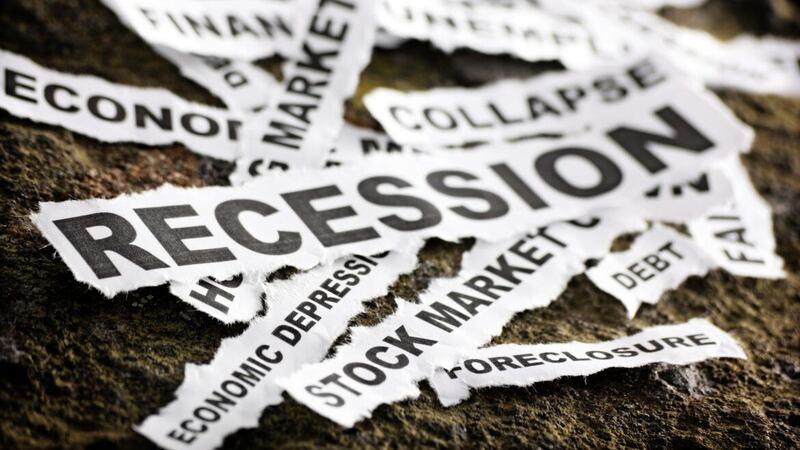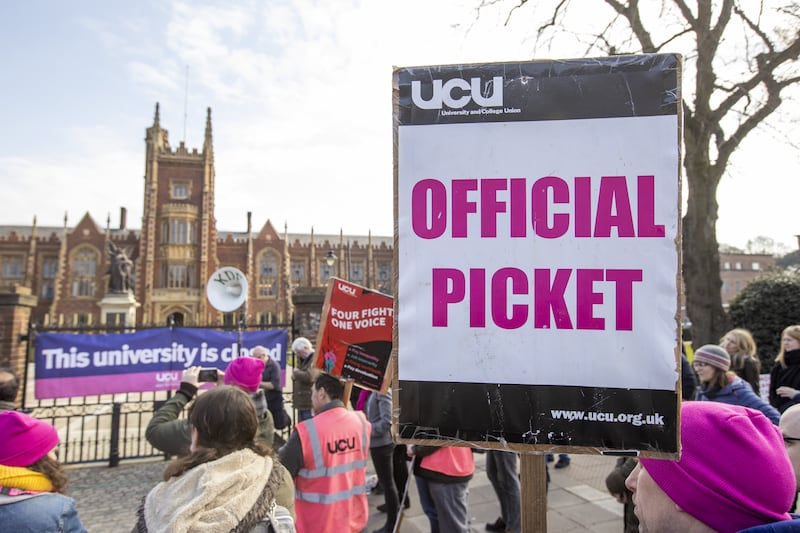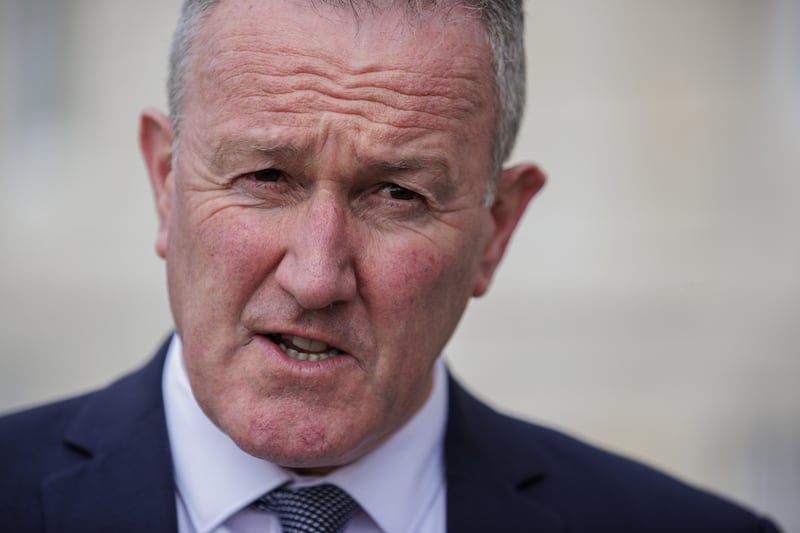IN the Autumn Statement the Chancellor Jeremy Hunt insisted that the coming recession in Britain was “made in Russia”.
Yet many European economies, including the south of Ireland, are set for continued growth. The truth is that Britain’s resilience to external shocks has been undermined by a series of policy decisions which are very much “made in Britain”.
Those decisions have their historical origins in the policy transformation which followed Margaret Thatcher election in 1979. Her government blamed trade unions, taxes on the wealthy, and government regulation for Britain’s economic difficulties. The free-market policies recommended as the solution led to low economic growth, high inequality, and substandard public services.
It also led to the deregulation of the financial sector, which left Britain deeply exposed to the global financial crash of 2007/08. After Government took on huge borrowing bailing out the banking system the Tories blamed the public sector for Britain’s rise in debt. They prescribed austerity meaning that public services and the ordinary people who relied on them paid the cost for the financial sector’s greed and recklessness.
The ensuing hardship created widespread disillusionment and anger which was successfully mobilised against the EU. Membership of the largest trading bloc in the world was now held responsible for Britain’s economic under-performance. Following the logic of that delusion, Britain opted for a hard Brexit which inevitably led to a loss of trade and EU workers.
Returning to the ideological roots of Thatcherism, Liz Truss identified high taxes as the reason for Britain’s low growth rate. The reaction of the financial markets to her announcement of unfunded tax cuts for the super-rich has added billions to the cost of borrowing for households, government, and businesses.
The fact that Britain is set for a collapse in living standards over the next two years is not therefore due to Russia. Nor is it due to trade unions, public sector workers, the EU, or high taxes on the rich. It is the consequence of decades of economic mismanagement by the British Government, underpinned by extreme right-wing ideology.
Although it lacks adequate resources and powers a functioning Executive can offer some protection from Tory policies. Millions of pounds have been carved out from a stretched budget to prevent families from being billed for the basic necessity of water, provide free travel for the elderly, ban the cruel bedroom tax, and keep University fees affordable. Similarly, the Protocol seeks to protect Ireland from the economic damage caused by Britain’s hard Brexit.
But all the Executive can do is mitigate the harm caused by British Government policy. While partition continues the north will remain tied to Britain’s macro-economic model. That is why more and more people are coming to the conclusion that partition is holding back our economic potential and that an all-Ireland economy provides the best basis for prosperity.
We face an increasingly stark choice. To continue to bear the costs of Tory economic incompetence or to take control of our own economic affairs in a New Ireland.
::Conor Murphy is the former finance minister at Stormont








